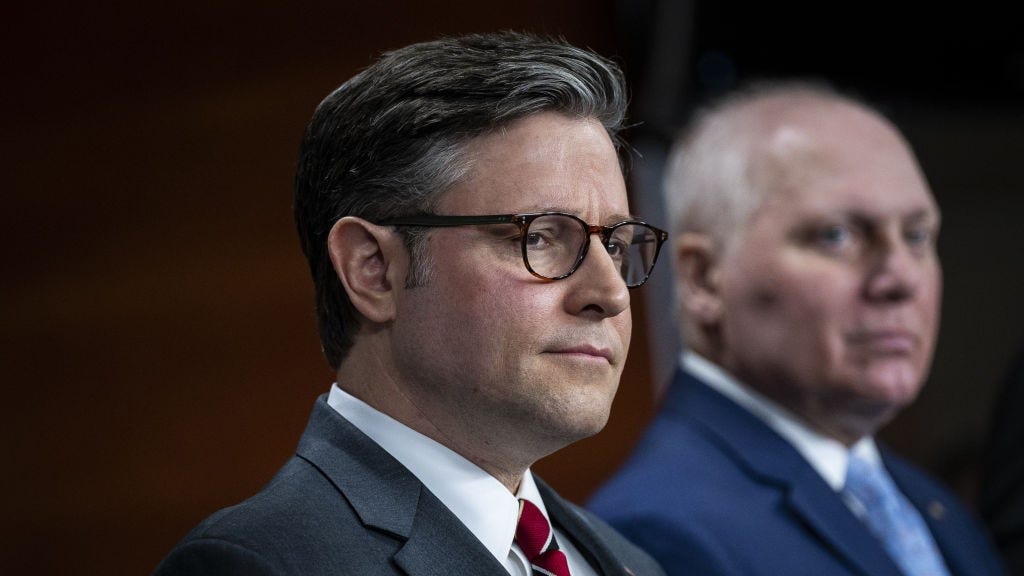The 119th Congress is set to begin at noon ET on Friday, with the first order of business being the election of the Speaker of the House. The Speaker is a crucial Constitutional officer for the legislative branch of government, and the House cannot swear in Members or conduct any other business until a Speaker is elected. The Speaker then swears in the rest of the body and the House must adopt a rules package to govern daily operations before proceeding with debates, votes, and committee formations.
The House must proceed to multiple ballots to elect a Speaker if they do not succeed on the first vote. The process can be prolonged, as was seen in past instances where it took several rounds of voting to elect a Speaker. The House Republicans have gone through various candidates, with some facing opposition from within the party due to their handling of legislative matters. The upcoming vote for Speaker will be a critical moment for the House as they aim to wrap up proceedings expeditiously.
The election for Speaker begins with a “call of the House” to establish the number of Members present. Nominating speeches are then made, and Members-elect are called to vote by name. Members can vote for anyone they want, including individuals who are not House Members. To win the Speakership, the winning candidate must secure an outright majority of all Members voting for a candidate by name, with the magic number being 218 out of 434 potential voters.
The process of electing a Speaker can be complicated if Members vote “present” instead of for a specific candidate. A “present” vote does not count against a candidate, so a candidate can win with a smaller number of votes if others abstain. The danger lies in too many Members voting “present,” as this may result in the undesired candidate becoming Speaker. Republicans must be cautious in their votes to ensure the candidate they prefer is elected.
A delay in electing a Speaker could impact the certification of the Electoral College vote on Monday, as the House and Senate must meet in a Joint Session of Congress to certify the election results on January 6. A protracted battle over the Speakership could set the stage for further conflicts among Republicans when it comes to governing and implementing President-elect Trump’s agenda. The outcome of the Speaker election is crucial for setting the tone for the new Congress and determining the direction of legislative actions moving forward.













